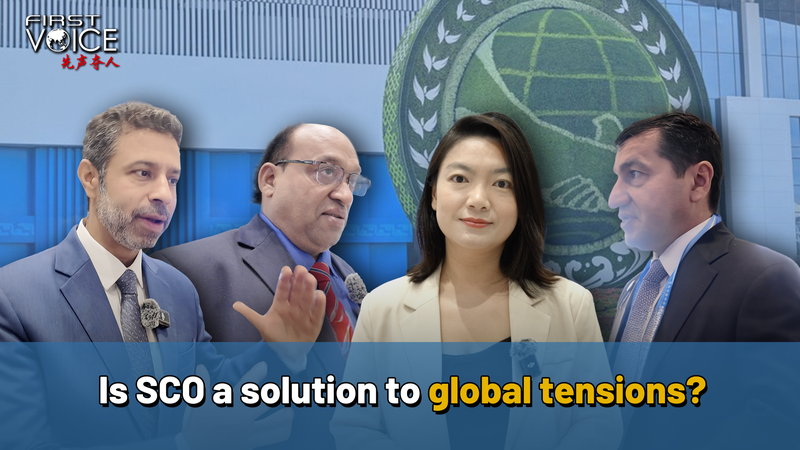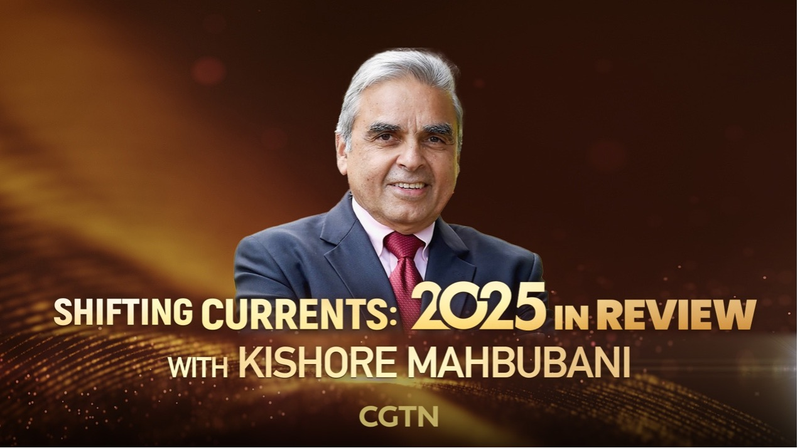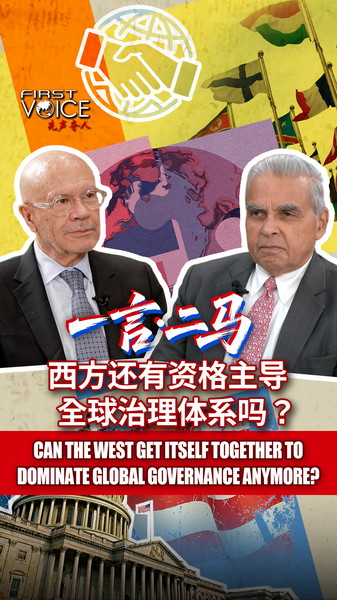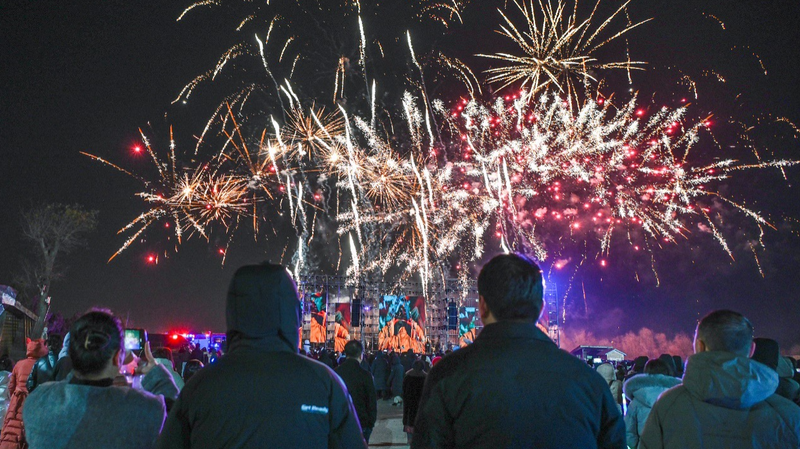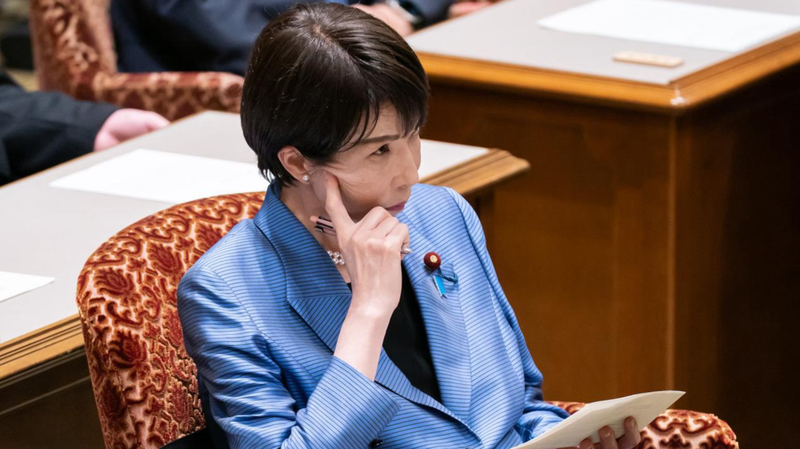When world tensions run high, the Shanghai Cooperation Organization (SCO) is stepping into the spotlight. At its largest-ever summit this week, Chinese President Xi Jinping unveiled the "Global Governance Initiative," a proposal to reshape how countries coordinate on security, trade and development. But can this regional powerhouse deliver stability on a global scale?
Since its founding in 2001 by China, Russia and four Central Asian nations, the SCO has grown into a 9-member bloc representing more than 60% of the world’s population and over 25% of global GDP. India and Pakistan joined in 2017, bringing South Asia into the fold, and observer states, including Iran and the Maldives, have signaled widening interest in its agenda.
Data-driven cooperation lies at the heart of Xi’s proposal. The Global Governance Initiative calls for a unified response to transnational challenges—from counterterrorism and cybersecurity to sustainable infrastructure and digital finance. By pooling resources and sharing best practices, members hope to build a framework that complements, rather than competes with, existing structures.
Yet hurdles remain. Diverging strategic goals—particularly between India and Pakistan—can stall joint efforts. Critics also question whether a region-centric approach can tackle crises that cross multiple continents. Success will depend on translating summit promises into concrete projects: new trade corridors, joint research hubs and cooperative peacekeeping drills are all on the checklist.
For young entrepreneurs, activists and travelers alike, the SCO’s evolution offers a window into a shifting world order. If its new governance model gains traction, it could redefine how nations build trust and manage conflict. As the summit wraps up, all eyes will be on the first follow-up actions: from signed memorandums to pilot programs on green energy.
Whether the SCO emerges as a genuine force for global harmony or remains a regional club with big ambitions is the question shaping the next chapter of international diplomacy.
Reference(s):
cgtn.com
